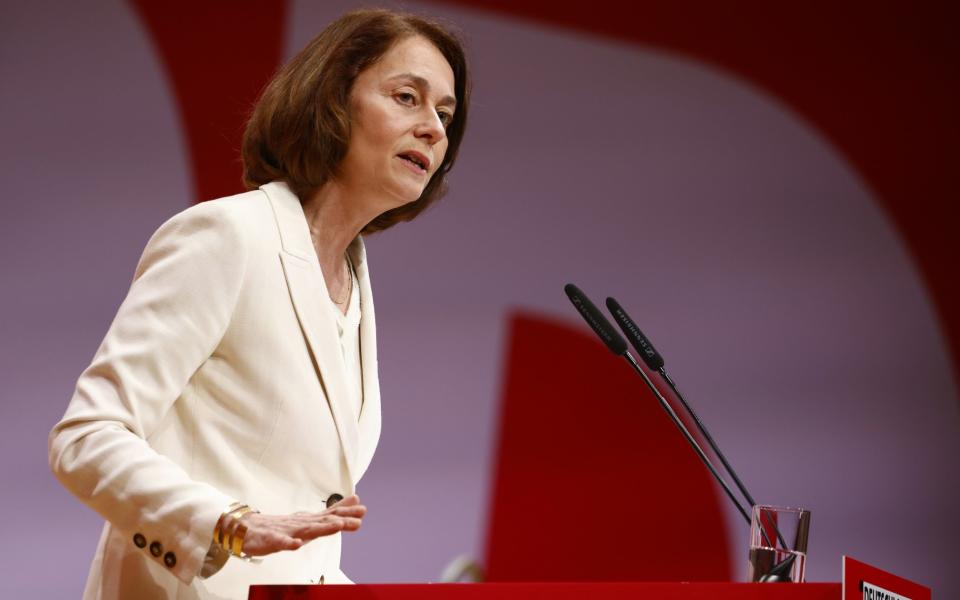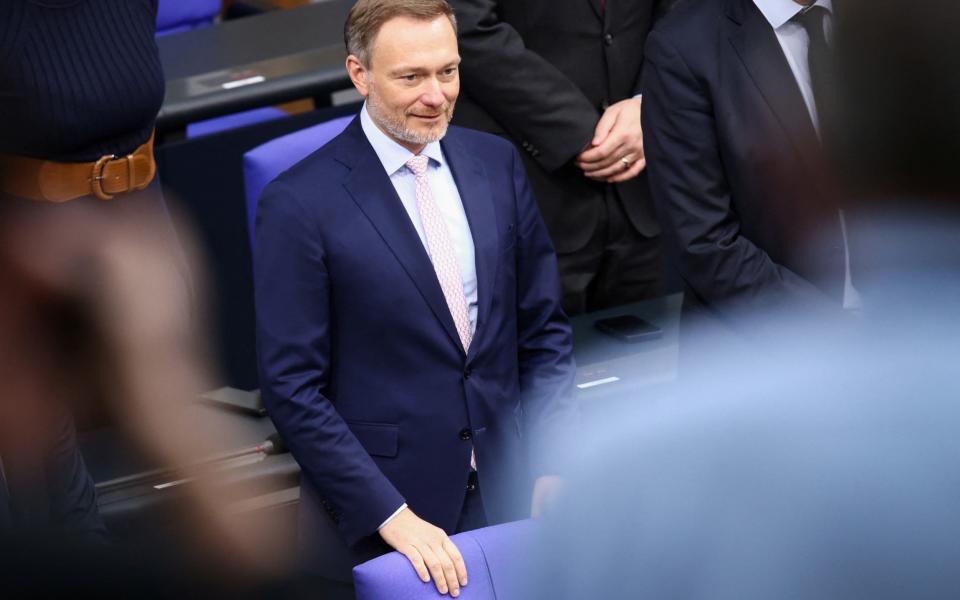Germany reconsiders using nuclear weapons

Germany is wrestling with the once-unthinkable question of whether it needs nuclear weapons, in the face of a potential Russia-Nato war and concerns that the United States cannot be relied on as a security partner if Donald Trump is re-elected.
Earlier this month, a series of German officials raised the idea of developing an European nuclear deterrent, after Mr Trump’s recent remarks encouraging Vladimir Putin to attack Nato states that do not meet spending commitments.
Among them was Christian Lindner, the German finance minister, Friedrich Merz, the CDU opposition leader, and Katarina Barley, a senior member of Chancellor Olaf Scholz’s SDP party.
“We should see the latest comments by Donald Trump as a demand to think more about this element of European security within Nato,” said Ms Barley.

Britain and France, the only European countries armed with nuclear weapons, extending their cover to Germany has also been discussed.
The idea was quickly shot down by Mr Scholz and Boris Pistorius, the defence minister, as well as Jens Stoltenberg, the Nato secretary-general, who described the discussion as “not helpful”.
But the fact that senior German officials, including at least one in government, are even discussing nuclear weapons hints that a major shift could be underway in the country’s defence strategy.
Unlike France and Britain, Germany does not possess any nuclear weapons, having renounced them in a 1968 UN non-proliferation treaty. It does allow storage of some US nuclear weapons at an airbase in the country, but the US has control over them.
The debate on Germany’s role in a European nuclear deterrent, independent of the US, is at an early stage. One idea which has been discussed is a French and British-led deterrent, though Germany dismissed a similar idea when it was raised by Emmanuel Macron in 2020.

“The strategic nuclear forces of France and Great Britain are already making a contribution to the security of our alliance,” Mr Lindner argued earlier this month.
He added: “The French president, Emmanuel Macron, has made various offers of co-operation. We should understand Donald Trump’s recent statements as a call to further rethink this element of European security under the umbrella of Nato.”
In an interview with The Wall Street Journal, Maximilian Terhalle, a German security expert, who has long campaigned for reform on nuclear weapons, said it was time for Berlin to alter its stance in the face of Putin’s warmongering in Europe.
Mr Terhalle said: “You can have 15 divisions and modern battle tanks, but if you don’t have a nuclear deterrent and you’re facing an enemy who not only has one but is also willing to threaten you with it, then these divisions won’t do any good.”
He has previously suggested that Germans consider buying nuclear weapons “off the shelf” because of the risk that Putin could attack Nato in as little as two years.

 Yahoo News
Yahoo News 
